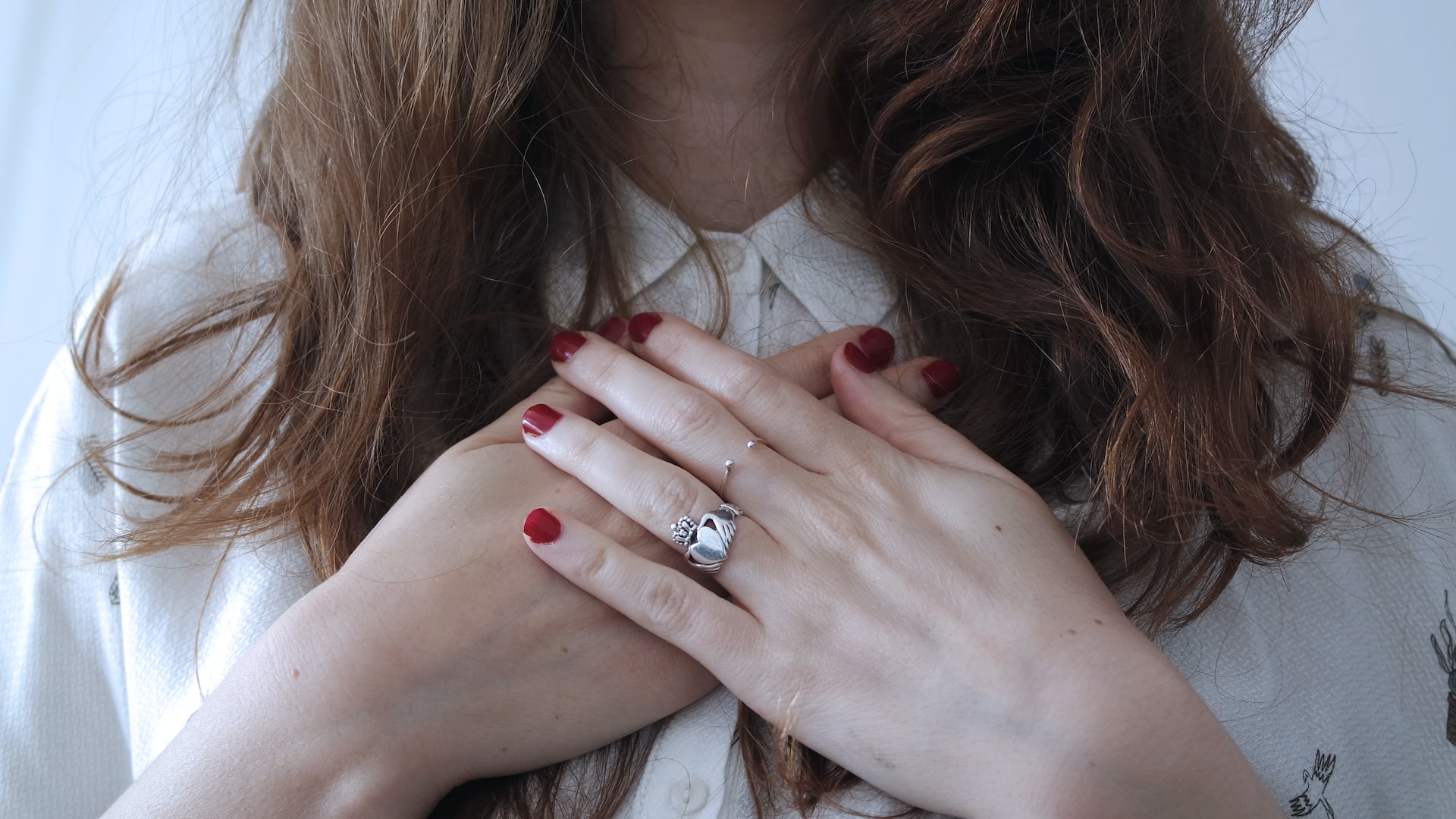Over the past few decades, cardiovascular disease (CVD) comprising predominantly heart attack and stroke is often perceived as a men’s disease.
Indeed, CVD influences both men and women at different magnitudes, but it is important to know that CVD is not merely a men’s disease.
For example, men typically develop CVD at a younger age as compared to women who would also acquire CVD, but mostly after reaching their menopausal age.
Biologically, women of reproductive age are greatly protected against atherosclerotic CVD (ASCVD) due to the regulatory role of female hormone (oestrogen) on their cardiovascular system, resulting in a decreased rate of CVD events.
However, as Malaysian women attain menopause at the average age of 50.7 years, the abrupt drop in oestrogen levels after menopause increases their risk of CVD.
Several emerging, non-traditional ASCVD risk factors unique to women, such as premature menopause, complications of pregnancy (preterm delivery, pregnancy-induced hypertension, gestational diabetes mellitus) or breast cancer treatment may predispose these women to a higher CVD risk.
Extra attention should also be offered to young women who are disproportionately affected with autoimmune diseases (such as rheumatoid arthritis, systemic lupus erythematosus, Sjogren’s syndrome), and hence, at a higher risk of developing CVD, as compared to similarly aged men.

Women have a higher tendency to self-report more CVD symptoms. Thus, establishing an initial diagnosis of CVD (particularly heart attack) is challenging among women.
This is partially attributed to the fact that majority of women reported at least three additional presenting symptoms unrelated to chest pain which may distract doctors from pinpointing the true diagnosis.
These women are therefore less likely to receive appropriate intensification of CVD treatment, have a higher chance to be re-admitted to the hospital, or even suffer from an increased chance of CVD death.
Since the gaps in women’s cardiovascular health are multifactorial, collective commitment from the relevant stakeholders (from policymakers, non-governmental organisations to health care providers and memebers of the public) are required to acknowledge, educate and address the gender disparity in the health care setting.
In line with the upcoming International Women’s Day 2023 (observed on March 8 annually) campaign theme of ‘DigitALL: Innovation and technology for gender equality’, we should embrace the aid of technological advancements in empowering all women regarding their cardiovascular health.
Various types of mobile applications, wearable devices or social media should be promoted to women.
In the long run, higher utilisation of digital health tools by women can complement the self-care concept in CVD management, thereby improving their gender-specific cardiovascular outcomes.
Dr Yap Jun Fai, Prof Dr Moy Foong Ming and Dr Lim Yin Cheng are from the Department of Social and Preventive Medicine, Faculty of Medicine, University of Malaya and the Department of Public Health, University of Malaya Medical Centre.
- This is the personal opinion of the writer or publication and does not necessarily represent the views of Ova.












